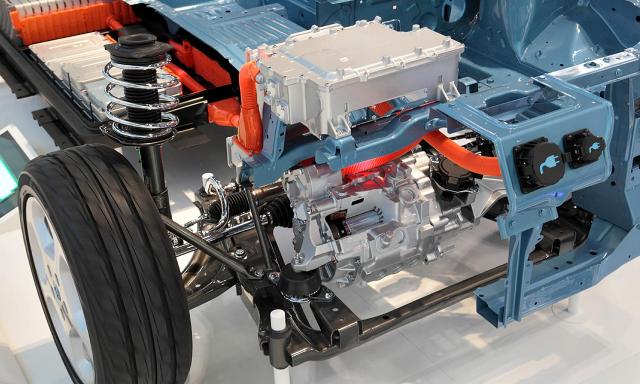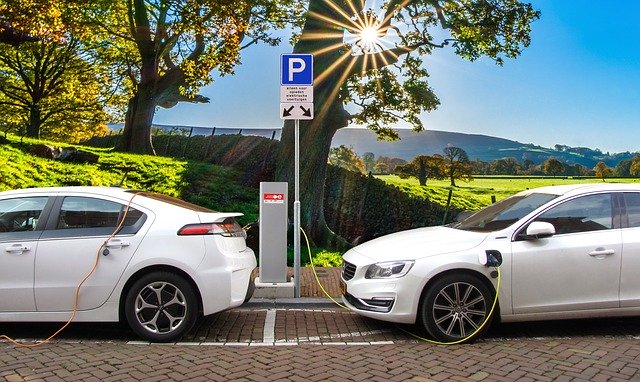
Study finds electric cars last as long as petrol and diesel vehicles
An international team of researchers has estimated that an electric car will have a lifespan of 18.4 years, compared with 18.7 years for petrol cars and 16.8 years for diesels, according to a peer-reviewed study published on Friday in the journal Nature Energy.Electric vehicles are increasingly being adopted in Great Britain and other parts of the world, driven by the perception that they offer a cost-effective alternative to internal combustion engine vehicles while reducing emissions. However, a key element that underpins this perception is the longevity of electric vehicles, which remains relatively under researched. Here we show that although early battery electric vehicles (BEVs) exhibited lower reliability than internal combustion engine vehicles, rapid technological advancements have allowed newer BEVs to achieve comparable lifespans, even under more intensive use. Longevity is also found to be impacted by engine size, location and make of vehicle.

The production of a typical EV is relatively resource intensive (requiring six times the critical mineral inputs of a conventional vehicle2) and has an environmental impact 50% higher than an ICEV3. The key argument in favour of an EV transition is that this additional initial environmental cost is more than offset during the use phase if the vehicle has a long enough useful life. Plug-in vehicles such as BEVs offer the opportunity to entirely replace fossil fuels with low-carbon electricity generated from renewable sources such as solar, wind, tidal and geothermal energy. However, if EVs are charged using electricity from coal or gas-fired plants, the environmental benefits could be substantially reduced, resulting in a varied and spatially dispersed impact4. Assuming that travel demand remains constant, the current energy mix in Europe means that the longer an EV stays on the road, the greater the environmental benefits3. As Europe continues with its own green transition, the energy mix should become increasingly renewable based, making the benefits even larger.

The electric vehicle (EV) revolution is widely considered as a way to decarbonize the transport sector and to reduce air pollution from tailpipe emissions1. To estimate the true environmental benefits of EVs, in particular the fully battery electric vehicles (BEVs), and how they compare with existing petrol and diesel vehicles with internal combustion engines (ICEVs), one needs to consider the entire life cycle of a vehicle and how any benefits are spread across the life cycle.Read More

